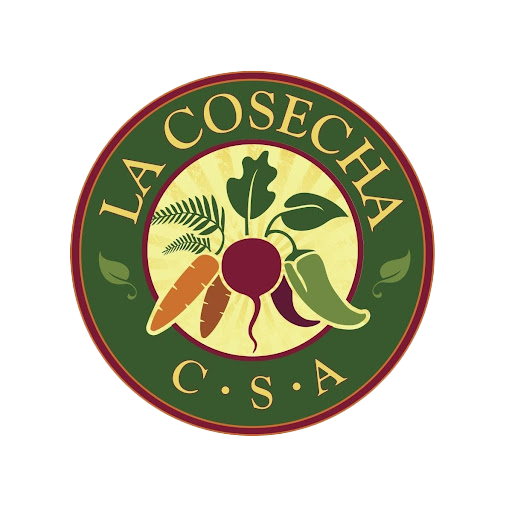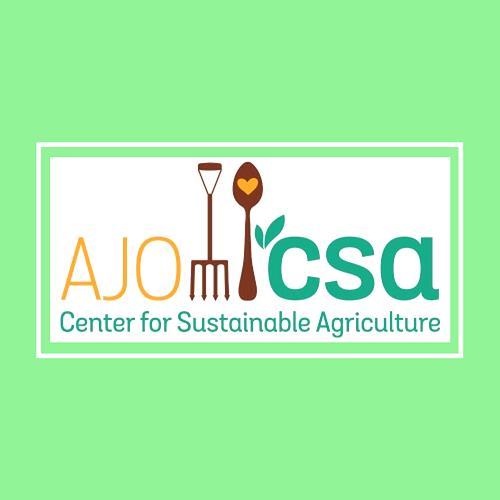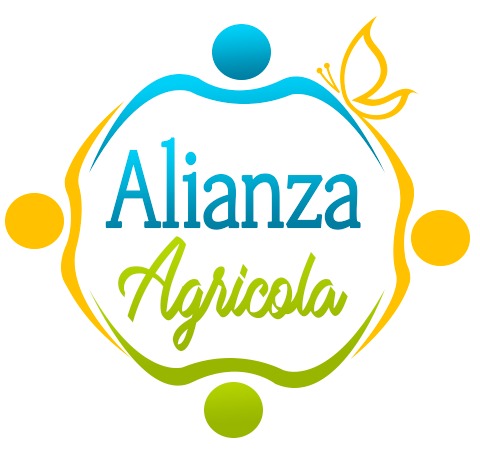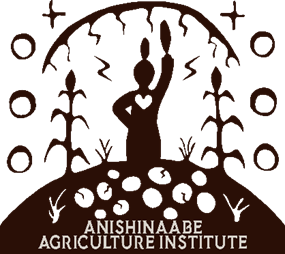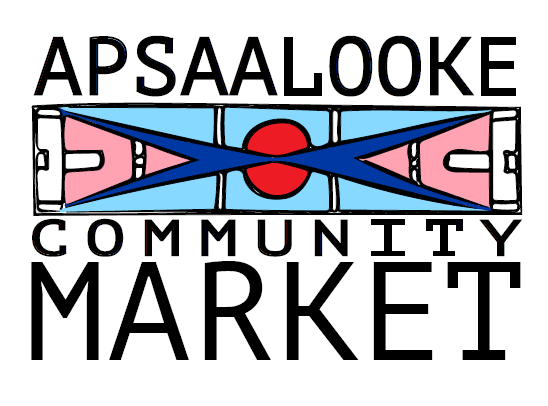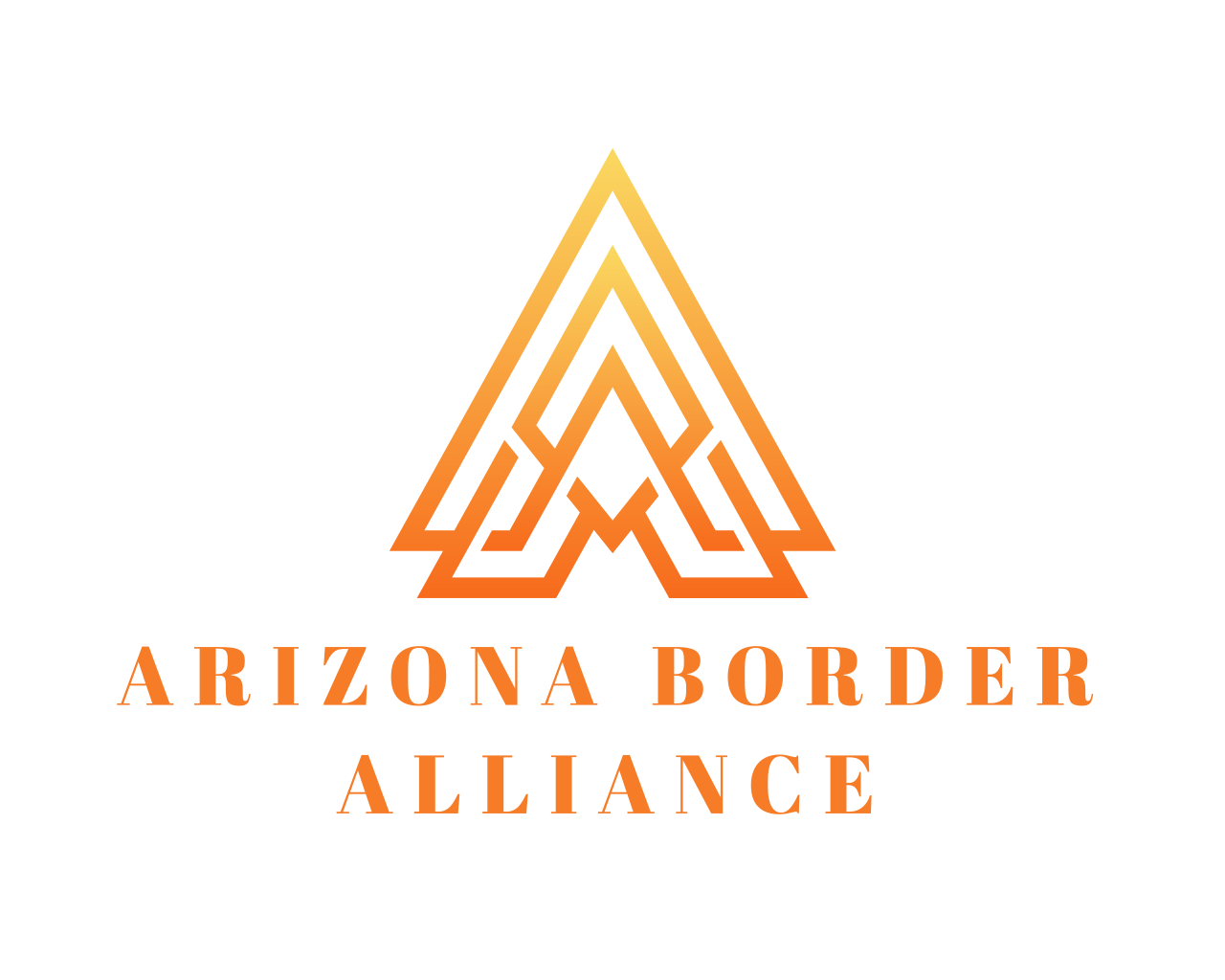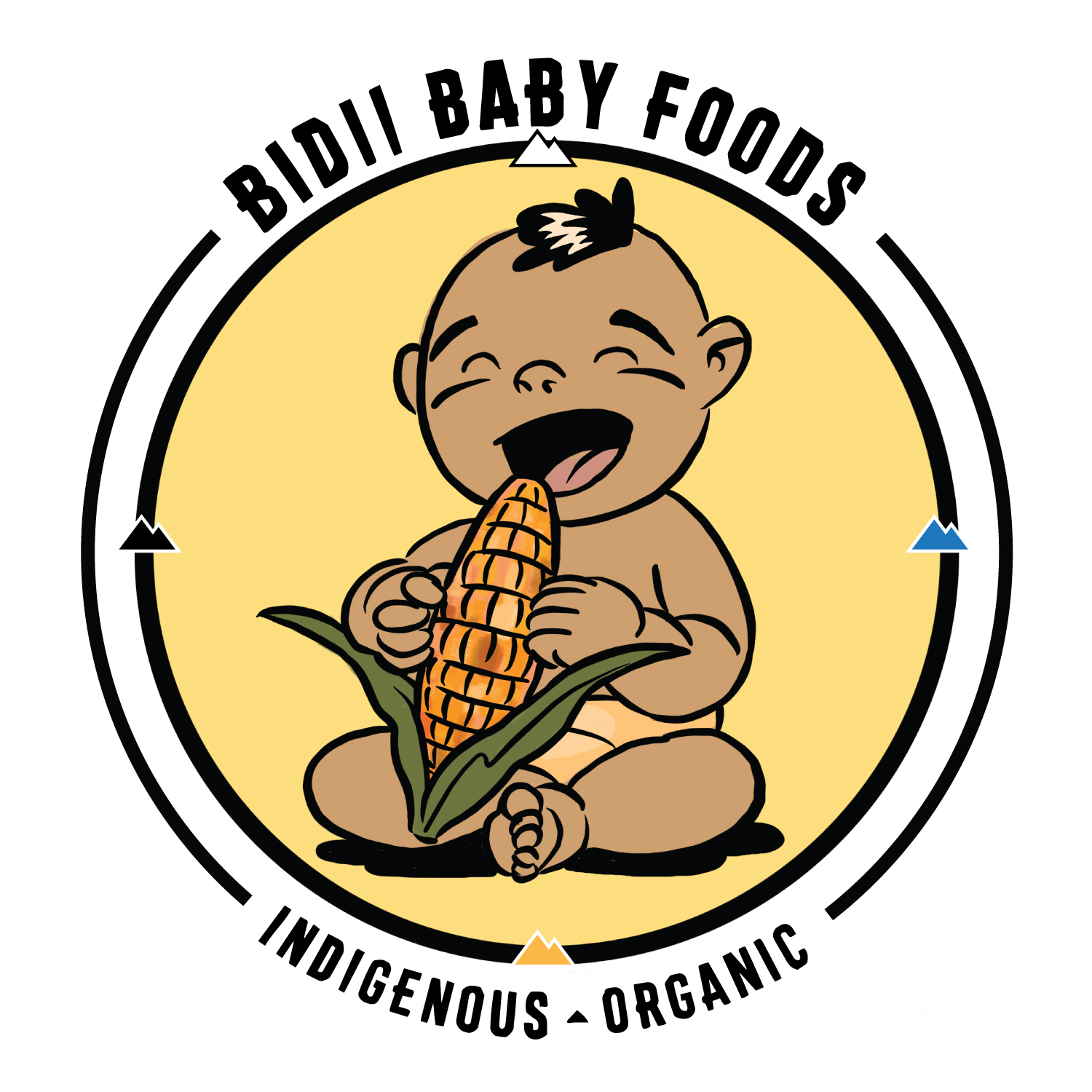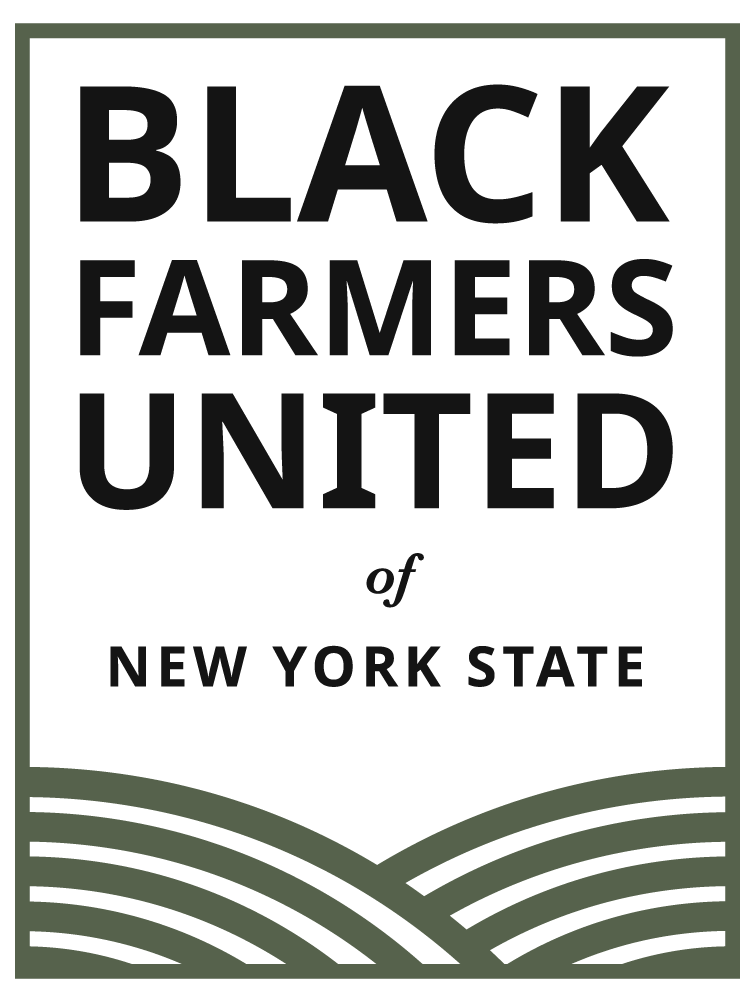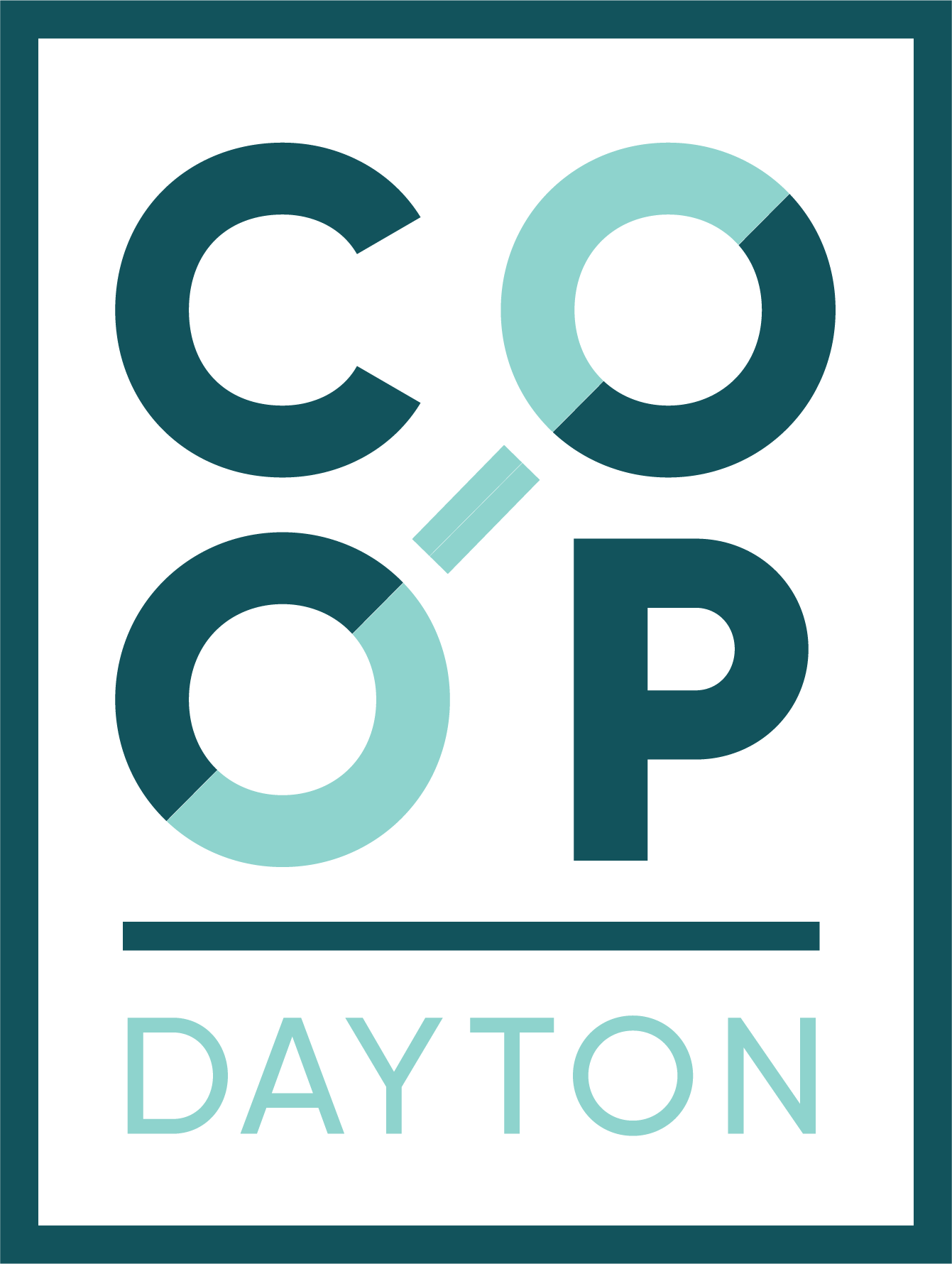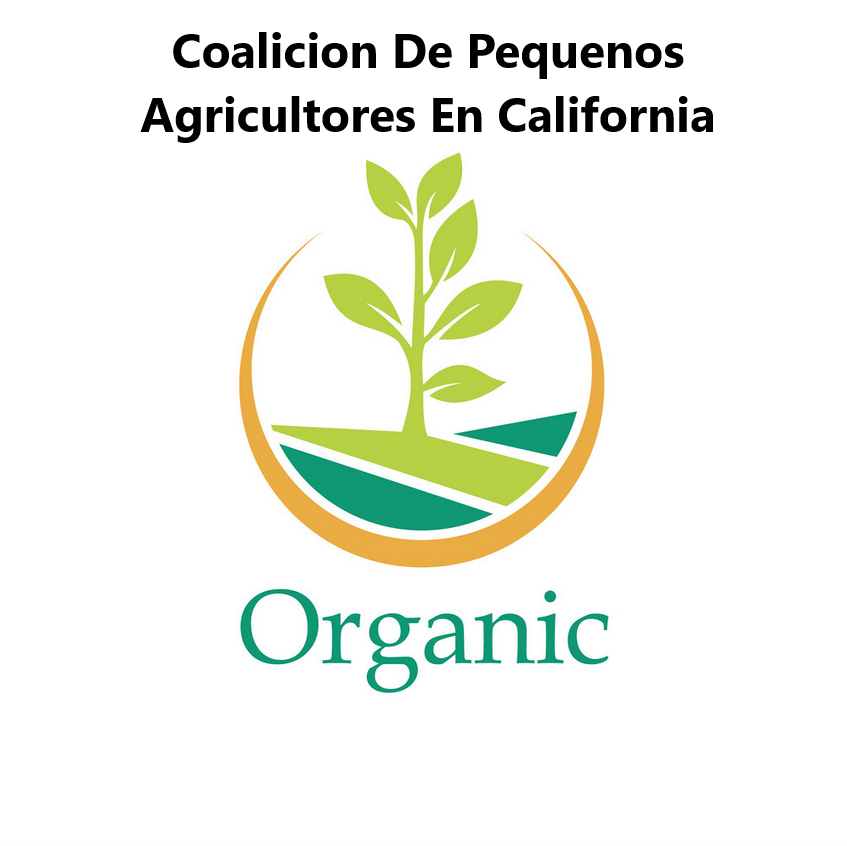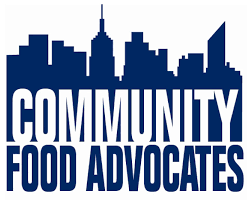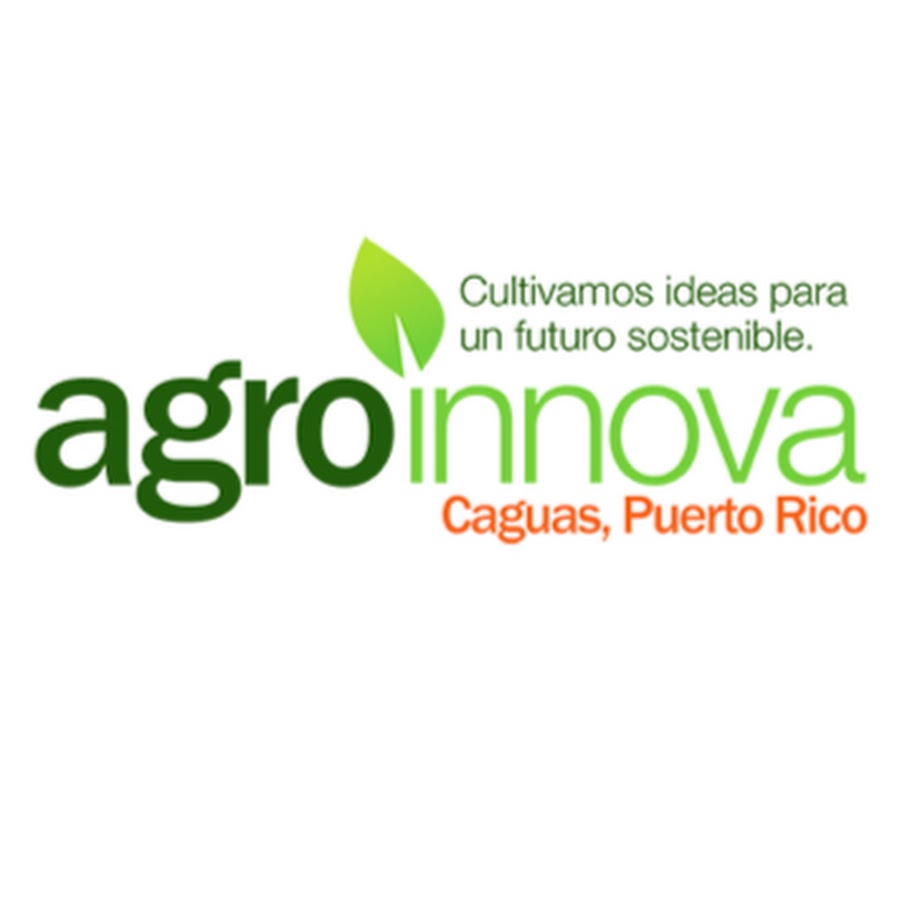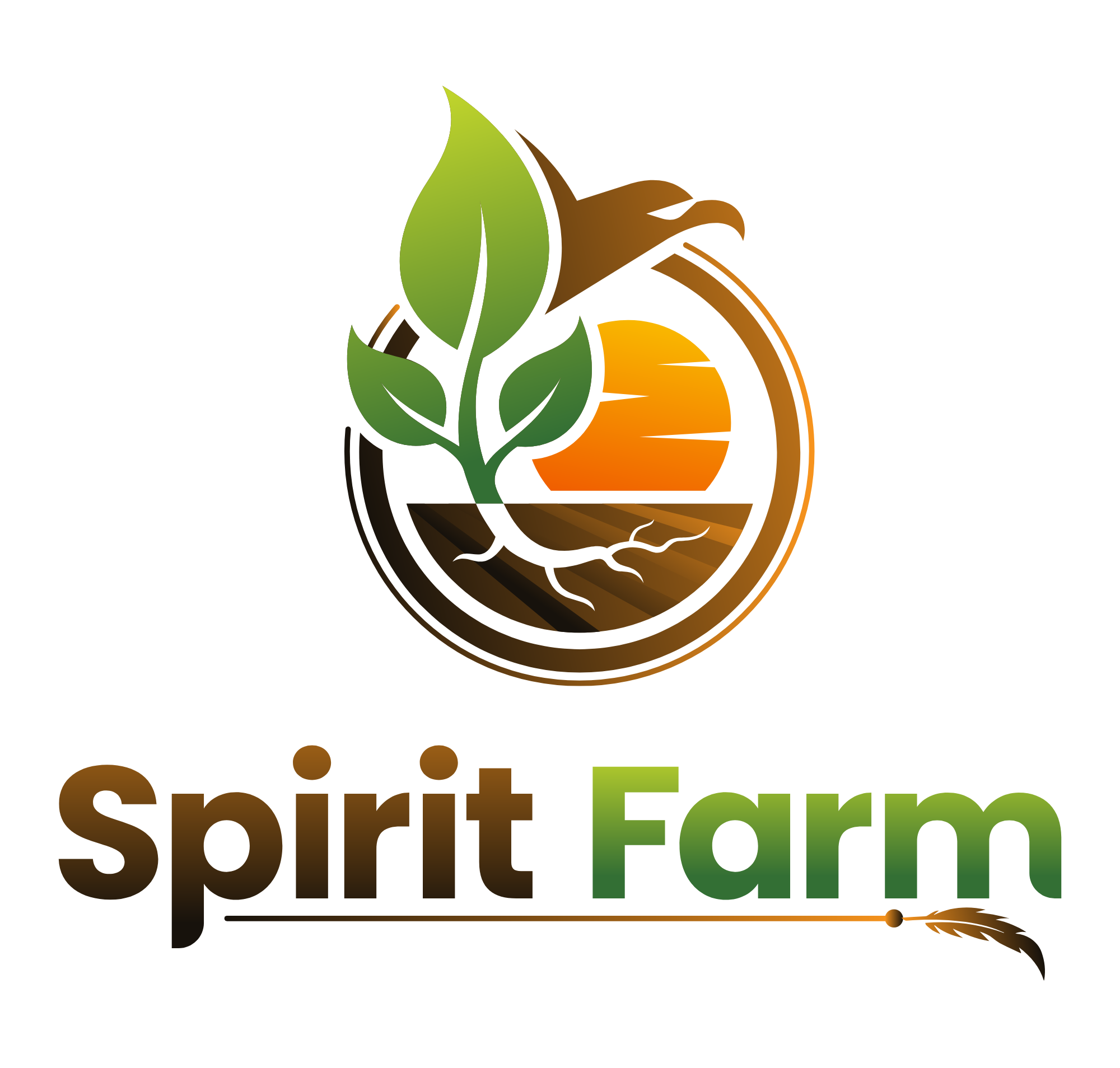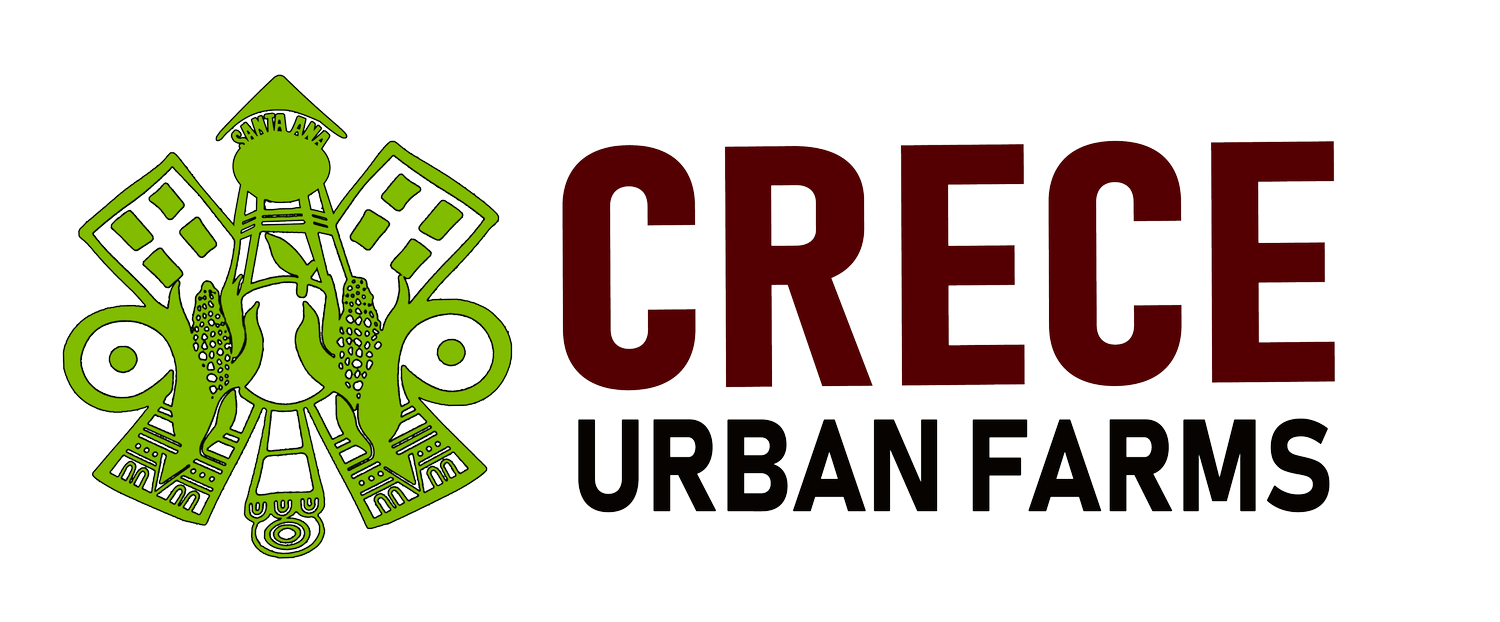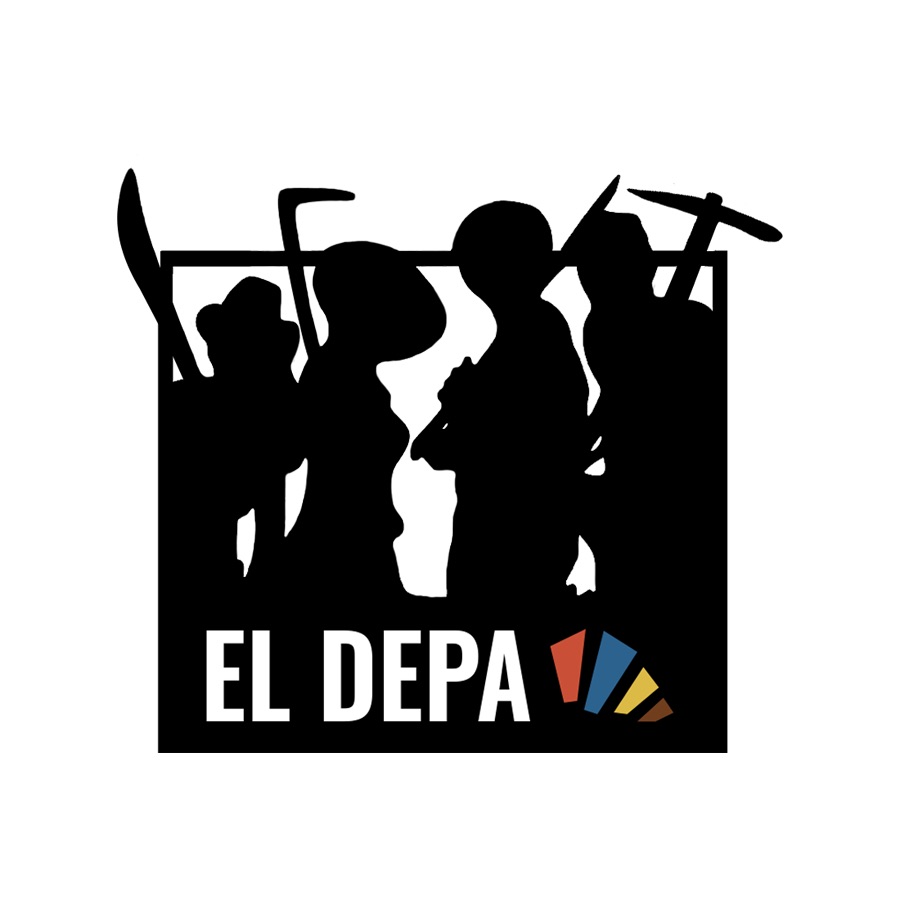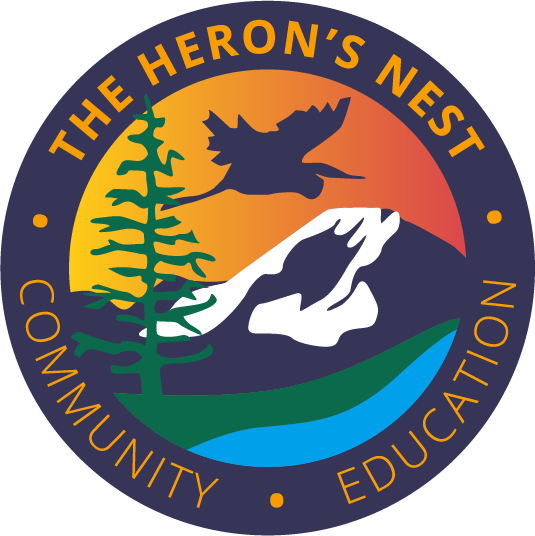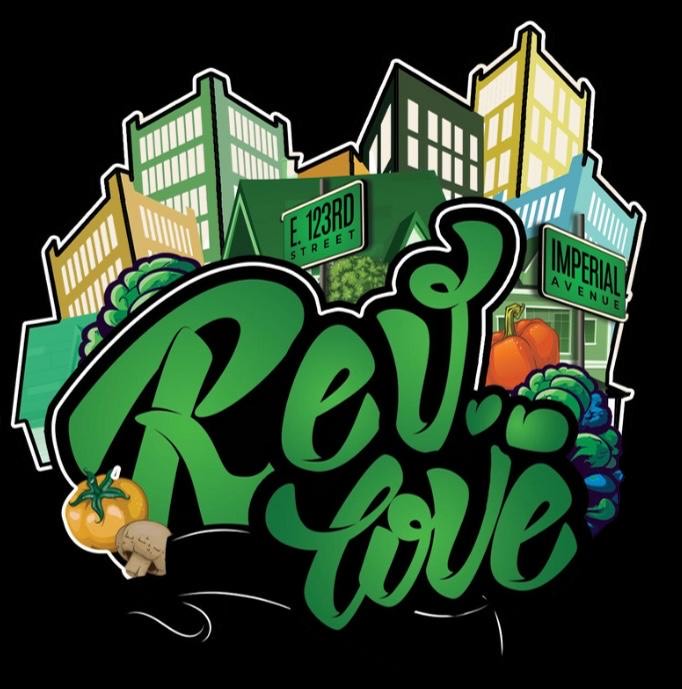GROWING JUSTICE FUND provides primary support to BIPOC-led and BIPOC-allied community- and community-based organizations, Tribal nations and their instrumentalities that are actively engaged in the food value chain and committed to transforming the food system through equitable good food procurement.
Meet the Grantees and learn more about GROWING JUSTICE FUND grantmaking below.
Meet the Grantees
Since 2023, GROWING JUSTICE FUND has disbursed over $8.5M to 57 organizations aiming to create more enabling environments for farmers, distributors, aggregators, food chain workers, organizers, institutional partners and other builders of just supply chains to deliver good food to institutions. Together, these grantees showcase the diverse range of needs and efforts underway in the U.S. to seed, support and strengthen innovations, advocacy, partnerships, and practices that promise to shift institutional procurement systems and build power for people of color in local and regional food value chains.
Eligibility
GROWING JUSTICE provides primary support to BIPOC-led and BIPOC-allied community- and community-based organizations, Tribal nations and their instrumentalities that are actively engaged in the food value chain and committed to transforming the food system through equitable good food procurement.
Large institutions (such as agencies and schools) and organizations engaged in food procurement that seek support from GROWING JUSTICE are encouraged enter into partnerships with BIPOC-led and BIPOC-allied community organizations, Tribal nations and their instrumentalities that are committed to serving as the project lead.
Vision- and values-aligned small businesses and other social enterprises working to advance equitable good food procurement are welcome to apply for GROWING JUSTICE grants via a 501c3 nonprofit fiscal sponsor.
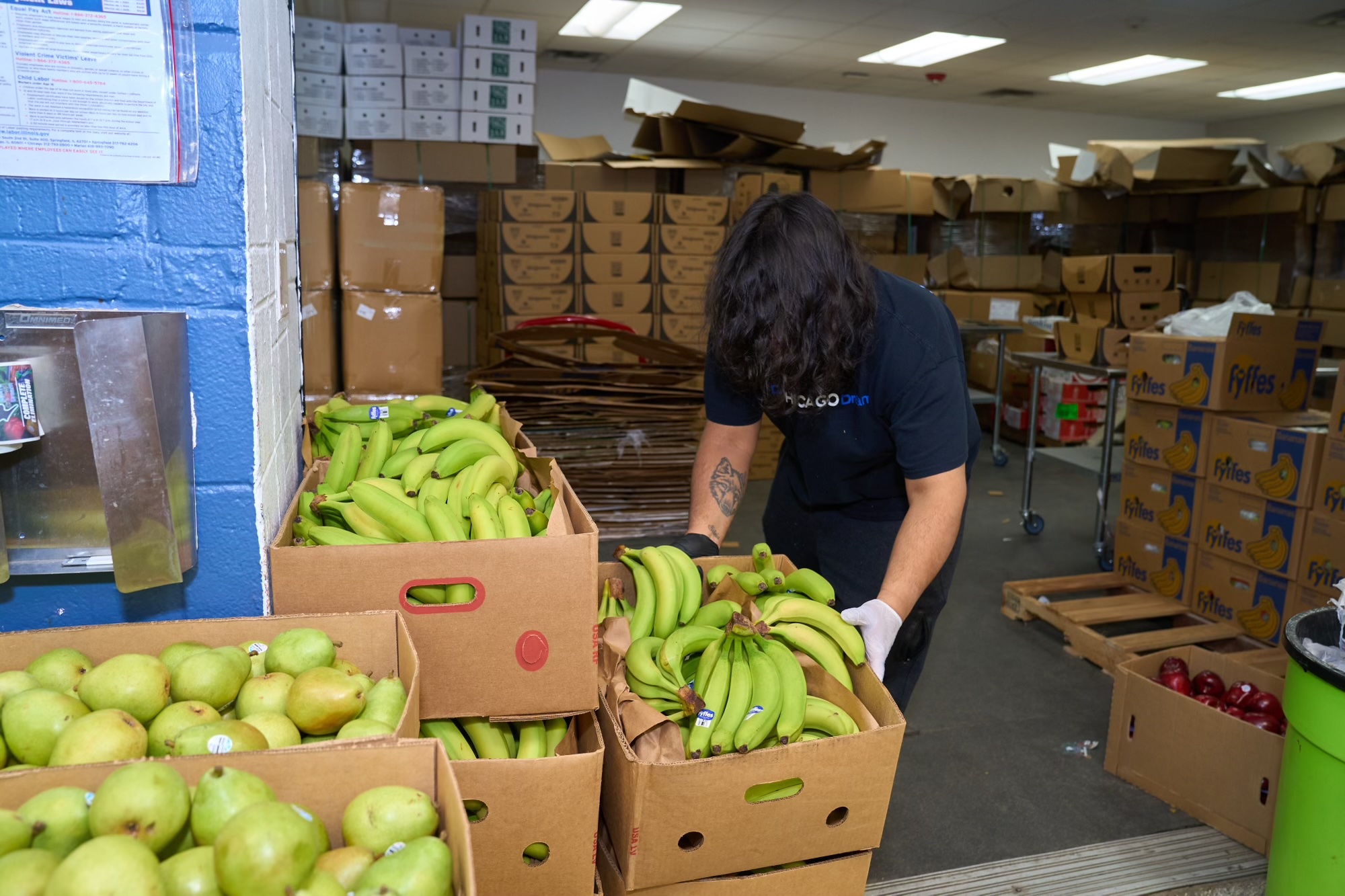
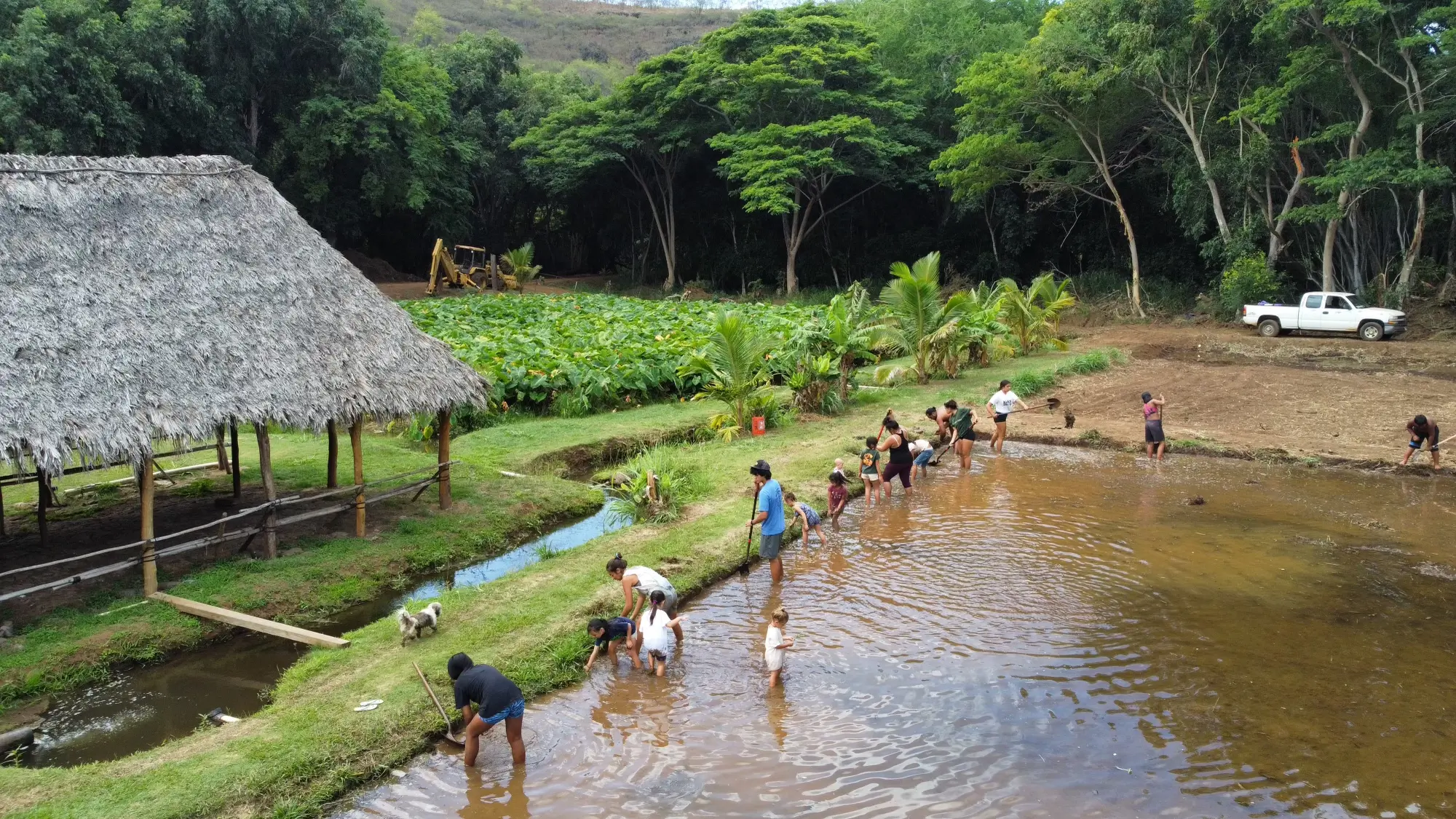
Images provided by Dion's Chicago Dream (left) and Kumano I Ke Ala (right)
GROWING JUSTICE FUND Grants
GROWING JUSTICE FUND grants are made available to US-based BIPOC-led and BIPOC-allied community- and community-based organizations, Tribal nations and their instrumentalities that are actively engaged in the food value chain and committed to transforming the food system through equitable good food purchasing.
Large institutions (such as agencies and schools) and organizations engaged in food purchasing that seek support from GROWING JUSTICE FUND are encouraged enter into partnerships with BIPOC-led and BIPOC-allied community organizations, Tribal nations and their instrumentalities that are committed to serving as the project lead.
Vision- and values-aligned small businesses and other social enterprises working to advance equitable good food purchasing can apply for GROWING JUSTICE FUND grants via a 501c3 nonprofit fiscal sponsor.

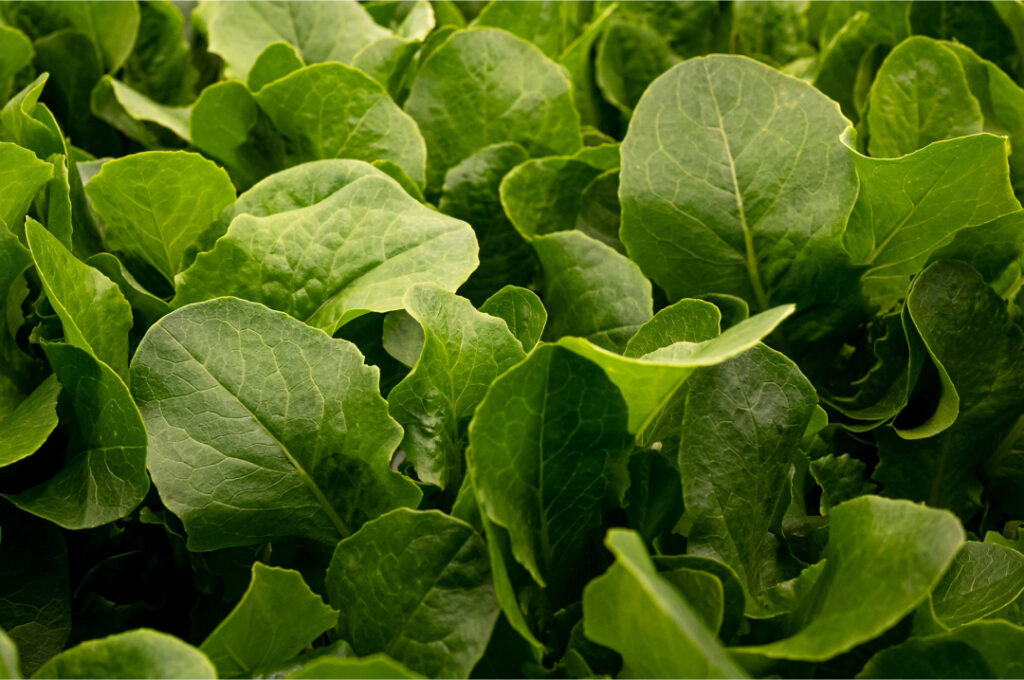
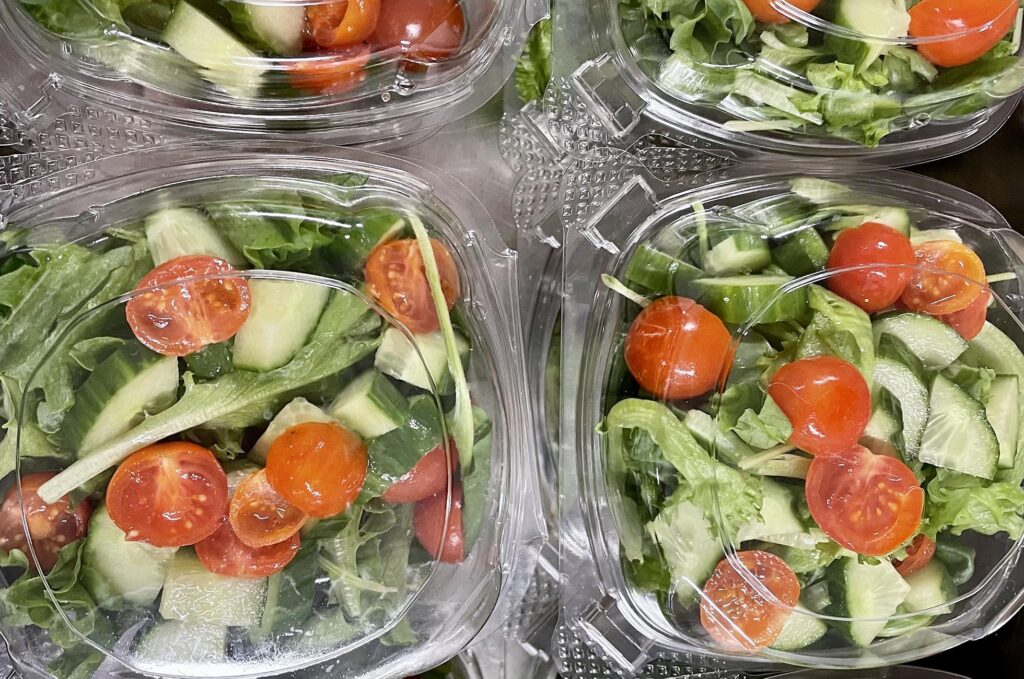
Images provided by The Common Market and W.K. Kellogg Foundation
GROWING JUSTICE FUND grants are offered for a wide range of activities to address community-defined priorities. This includes efforts to:
Strengthen the effectiveness of racially diverse food suppliers, food producers, food distributors, and food hubs in local, regional or Tribal food value chains (for example, efforts that provide technical support to emerging farmers of color to adopt more eco-friendly or regenerative practices, or efforts to provide fiscal sponsorship to social enterprises that aim to expand operations to obtain institutional contracts)
Forge partnerships within regions and/or Tribal Nations to help small suppliers and distributors of color win contracts from large institutions (for example, alliances that increase access to processing facilities or equipment to aggregate foods for sale to institutions)
Incentivize large institutions to expand markets or break down barriers for local suppliers or producers of color (for example: efforts to shift institutional insurance requirements that can prevent small businesses from qualifying for institutional contracts)
Develop, implement and share effective policies, practices and partnerships across regions (for example: models of partnerships that help to shift costs or create greater transparency in data along the food value chain)
Build agendas and support organizing to advance worker dignity and rights (for example: worker coalition organizing across jurisdictions, technical assistance or policy advocacy efforts that support building foodworker and/or farmworker rights)
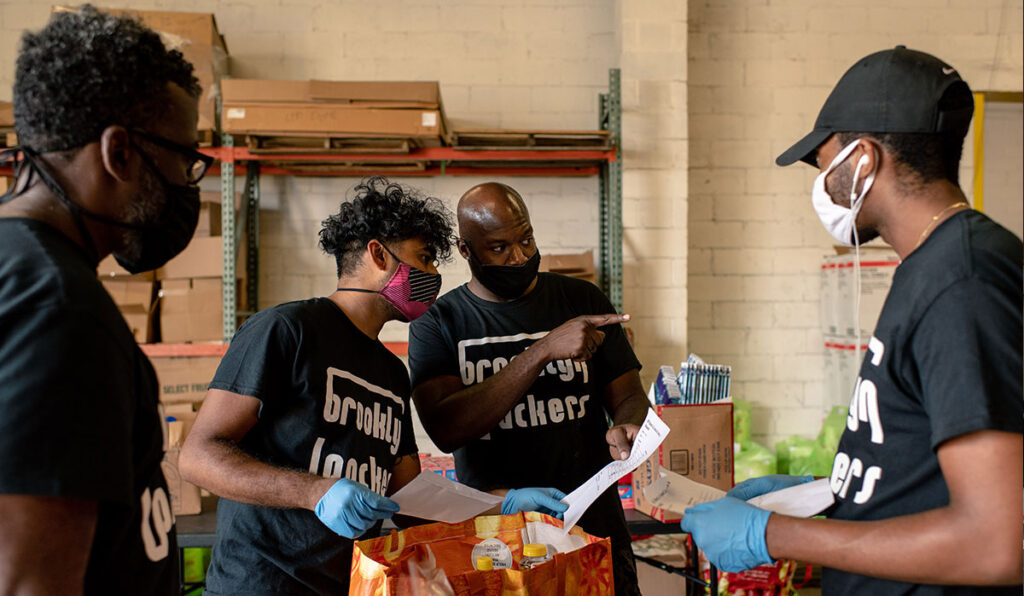
Learn More About Future Funding Opportunities
Sign up for our newsletter to be the first to learn of funding opportunities.
